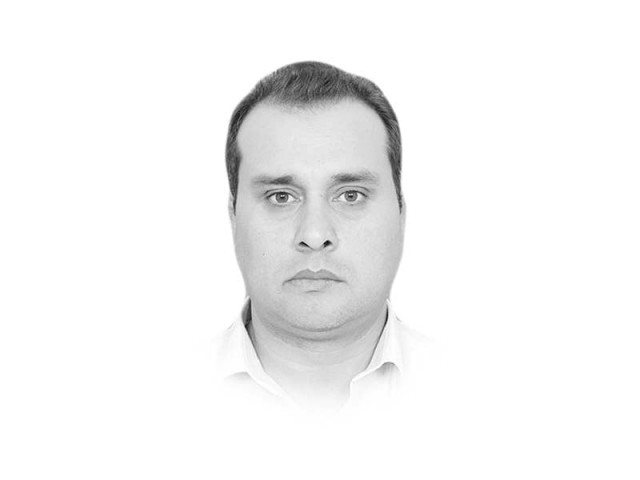Mainstreaming PATA?
Is it justifiable to solely declare Pata exempted from all kinds of taxes, forever?

The writer is executive director of the Centre for Governance and Public Accountability and holds a master’s degree in Development Studies from the University of Rotterdam
The Constitution determines the relationship between state and society. This social contract has not guaranteed any tax exemptions for the tribal areas. Under Article 246 of the Constitution, Swat, Upper Dir, Lower Dir, Buner, Malakand, Chitral and Kohistan districts are included in Pata. Pata also includes the tribal area of Mansehra, which was named as Thor Ghar district, in 2011 and merged into Khyber Pakhtunkhwa’s (K-P) ‘settled’ districts of Pakistan. Article 247 bars any jurisdiction of parliament, the K-P assembly and superior judiciary in these tribal areas. The K-P governor and the president of Pakistan exercise the legislative powers of parliament and the K-P assembly. Therefore, no law of the K-P assembly and parliament is directly applicable to the tribal areas. The President signed ‘Nizam-e-Adal’ regulations in 2009, which was basically the extension of superior courts’ jurisdiction to Pata. However, parliament and the K-P assembly have still no power to legislate for Pata.
Why is the right of democratic representation of the citizens of Pata not protected? On this issue, the political parties have adopted a criminal silence. The superior courts’ jurisdiction was only extended to Pata during the culmination of the Taliban uprising in Malakand division and the regulations were tailored to meet their demands. Opposing the customs law in Pata has long-term implications on the governance reforms and protecting the right to democratic governance of people of the tribal areas. If parliament and the K-P assembly jurisdiction is extended to Pata, all laws, including tax laws, will become automatically applicable to Pata. This will have an impact on those who own factories, businesses, or non-custom-paid vehicles in Pata. The status quo favours the elite or upper middle class. Such elites are actually the main hurdle to Pata governance reforms. The poor of the region are as taxed as any other citizen of Pakistan, through a regressive indirect tax regime. Maintaining the special status of Pata favours elites at the expense of the right to democratic representation of all voters of Pata.
Those who are opposing the Frontier Crime Regulations (FCR) in Fata, take the rightful stand that, if the FCR is such a good law, then it should be applicable to the whole of Pakistan. Understandably, the FCR violates many human rights standards guaranteed under the constitution of Pakistan. On the other hand, the customs law is applicable in the whole of Pakistan, except Pata. If the customs Act is such a bad law, then the political parties should demand to abolish it in the rest of Pakistan as well. Why do political parties think that a law that is good for one area, is bad for another area?
If Pata is exempted from direct taxes on the pretexts of the recent disasters, militancy or poverty, then there are areas that are affected far worse than Malakand division. Why not grant such status to the Peshawar district then, since it is more affected by militancy than any other district in K-P? The heavy flood that swept across Malakand in 2010, has caused more damages in Nowshera district than Swat district. Why not grant tax exemption to Nowshera as well? If extreme poverty is the reason for tax exemption, then Tank district, with the lowest human development index in Pakistan, deserves it more than any other region.
There are certain values and practices that political parties must inculcate in order to mainstream the tribal areas — such as the writ of state, parliament and the jurisdiction of the superior courts.
Published in The Express Tribune, April 19th, 2016.
Like Opinion & Editorial on Facebook, follow @ETOpEd on Twitter to receive all updates on all our daily pieces.














COMMENTS
Comments are moderated and generally will be posted if they are on-topic and not abusive.
For more information, please see our Comments FAQ